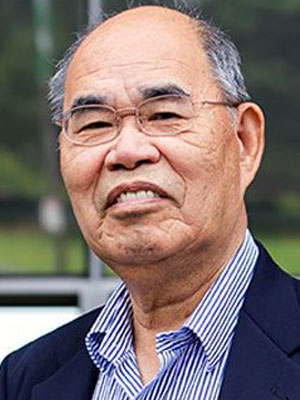
Teh-wei Hu
Professor EmeritusTeh-wei Hu, PhD, was a professor emeritus of Health Economics at the Berkeley School of Public Health, and director of the Public Health Institute’s Center for International Tobacco Control. Hu’s areas of expertise were the application of econometrics to health care services research, mental health economics and the economics of tobacco control. Hu received the Carl Taube Award from the American Public Health Association for his contribution to mental health services research. In 2014 the WHO awarded him a medal to honor his contribution to tobacco tax policy research in China.

Joyce C. Lashof
Dean (1982–1992)Joyce Cohen Lashof, MD, a passionate health equity advocate who broke gender barriers as the first woman to be appointed director of any state department of public health and the first woman appointed dean of the UC Berkeley School of Public Health. After leaving Berkeley, Lashof went on to chair the Presidential Advisory Committee on the Gulf War Veterans’ Illnesses and the Institute of Medicine Committee on Technologies for the Early Detection of Breast Cancer. In 1995, she received the Sedgwick Memorial Medal for Distinguished Service in Public Health from the American Public Health Association.

Cheri A. Pies
Clinical Professor EmeritaCheri A. Pies was a Clinical Professor Emerita at the UC Berkeley School of Public Health. Cheri Pies also served as the principal investigator of the Best Babies Zone Initiative, a place-based multi-sector approach to reducing infant mortality through community-driven transformation. As one of the pioneers in understanding social determinants of health, she worked to address the ways in which social and economic disparities and inequities influence birth outcomes and generational health across the life course.
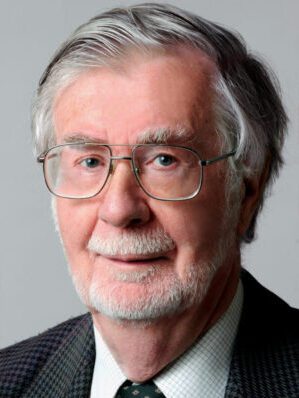
David Malcolm Potts
Professor Emeritus, Maternal, Child, and Adolescent HealthDavid Malcolm Potts was a human reproductive scientist and Professor of Public Health at UCBPH. He was the first holder of the Fred H. Bixby-endowed chair in Population and Family Planning and founding director of the Bixby Center for Population, Health, and Sustainability at the School of Public Health. Potts completed a medical degree and a PhD in embryology at the University of Cambridge. He was the founding director of the Bixby Center for Population, Health, and Sustainability at the School.

David R. Ragland
Founding Director, Safe Transportation Research and Education Center (SafeTREC)David R. Ragland, PhD, MPH ’80 was Professor Emeritus of Epidemiology at the UC Berkeley School of Public Health. From 1980 to 2000, David conducted a number of studies in cardiovascular disease, cancer, and occupational safety, and coordinated an NIH-sponsored training program that supported over this period about 100 pre- and post-doctoral students in the School of Public Health. In 2000, he founded the UC Berkeley Traffic Safety Center, now called the Safe Transportation Research and Education Center (SafeTREC), which conducts research on transportation practices, evaluates new technologies for road safety, and conducts policy analyses.
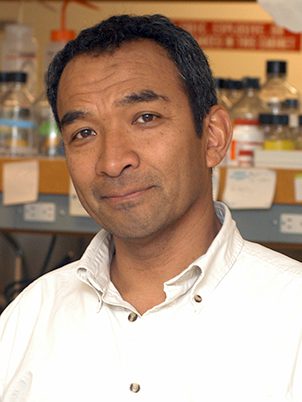
Lee W. Riley
Professor (1996–2022)Dr. Riley was Professor and Chair of the Division of Infectious Disease and Vaccinology. He was a physician, who conducted molecular epidemiology and bacterial pathogenesis research focused on infectious diseases of global importance and diseases of urban slum settlements in developing countries.
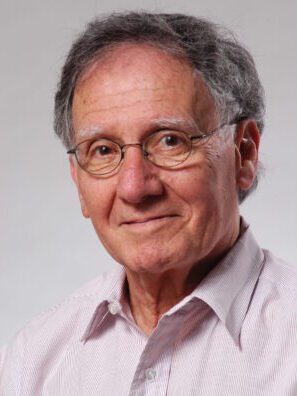
Zak Sabry
Dr. Zak Sabry was a leading public health nutrition scientist whose work helped shape international nutrition policy and our understanding of diet and chronic disease prevention. His research interests included the impact of public policies and corporate practices on population nutrition health and integration of nutrition and health improvement objectives in international development strategies.

Kirk R. Smith
Professor (1995–2020)Kirk R. Smith was a Professor of Global Environmental Health and Director of the Collaborative Clean Air Policy Centre, New Delhi. Previously, he was founder and head of the Energy Program of the East-West Center in Honolulu. He served on a number of national and international scientific advisory committees including the Global Energy Assessment, National Research Council’s Board on Atmospheric Science and Climate, the Executive Committee for WHO Air Quality Guidelines, the Lancet Commission on Pollution and Health, and the International Comparative Risk Assessment of the Global Burden of Disease Project.

Lonnie Snowden
Lonnie R. Snowden was a Health Policy and Management Professor at the UC Berkeley School of Public Health. Snowden served on numerous review and advisory committees for the National Institutes of Mental Health and Drug Abuse and for various foundations, and he was a consultant at RAND and a Senior Scholar at Washington University St. Louis. His numerous awards included the Surgeon General’s Exemplary Service Award, American Psychological Association’s Distinguished Contributions to Research in Public Policy, and the Berkeley Citation.
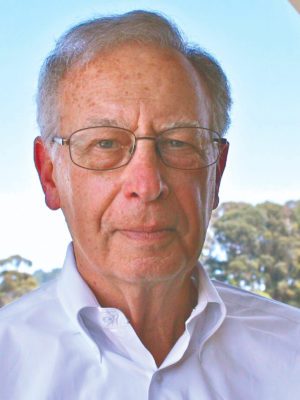
Harry Snyder
Harry Snyder was the advocacy leader in residence at the Center for Public Health Practice & Leadership, and a lecturer for the Division of Health Policy and Management, at UC Berkeley’s School of Public Health. He taught two courses, PH 220 Health Policy Advocacy and PH 298.015, a group study/action learning class placing students with organizations advocating for better public health issues. He also administered the distribution of funds from class-action lawsuits and has been responsible for the making and accountability of $70 million of grants from health-related state and multi-state cases.
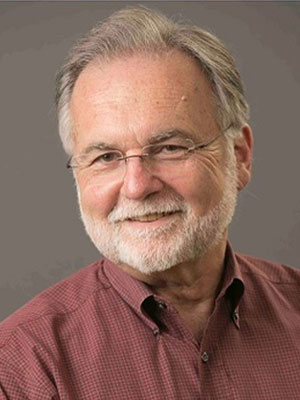
William A. Satariano
William Satariano was a professor of public health at the University of California, Berkeley, whose work helped aging people lead healthier lives. Professor Satariano’s distinguished career spanned more than 40 years – almost 30 of which he spent at UC Berkeley, where he earned numerous accolades, including a Fulbright Senior Scholarship, the Alfred W. Childs Distinguished Service Award for Faculty, and the American Cultures Innovation in Teaching Award.
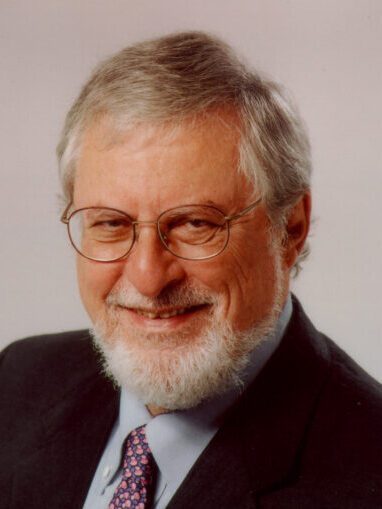
S. Leonard Syme
S. Leonard Syme was a Professor of Epidemiology and Community Health (Emeritus) in the School of Public Health at UC Berkeley whose research focused on the relationship between health and such psychosocial factors as poverty, stress and social isolation.